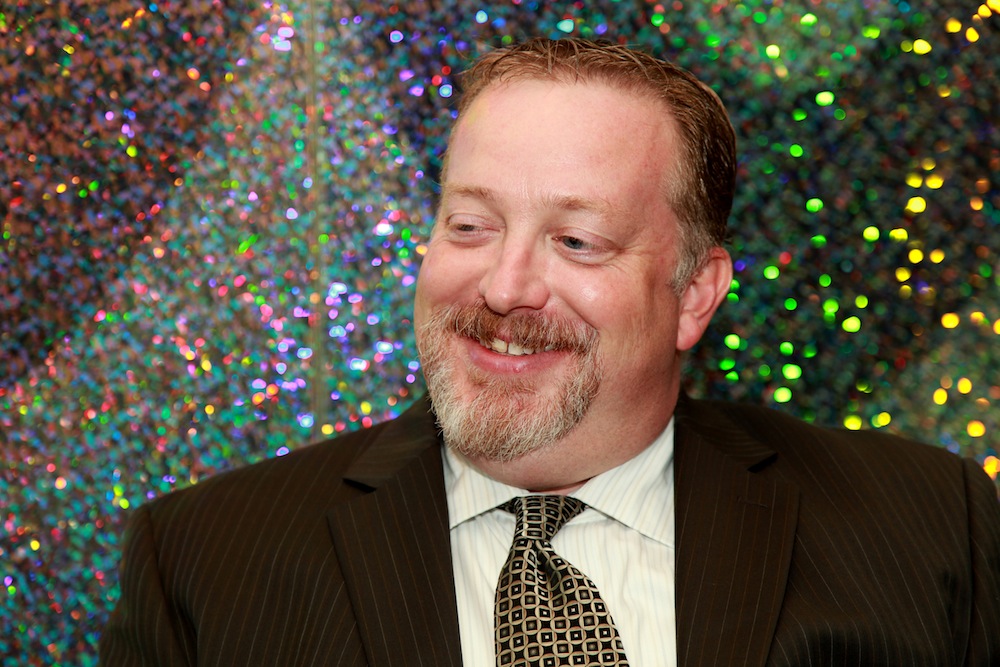
Peter Culp is a Phoenix-based attorney who practices in the areas of water and natural resources, environmental, and federal Indian law. Before participating in a panel on how much water should cost, he explained what most Americans don’t understand about Native Americans in our country today—and admitted that he didn’t play cowboys and Indians, growing up in Vermont—in the Zócalo green room.
What do you do to clear your mind?
Typically read, actually.
What word or phrase do you use most often?
There it is.
What’s the one thing you wish more people in America understood about contemporary Native Americans?
The fact that our legal system has placed them in a sort of ongoing structural disadvantage in terms of economic development, and there’s still significant pieces of the way in which we interact with Native American tribes that hearkens back to colonialism. To explain that a little more, even just a hundred years ago, the tribes were not yet considered full citizens of the U.S.; the governments weren’t recognized as being legitimate. Although some of those laws have changed, a lot of the old structure that we use around the doctrine of conquest and the other justifications we have for taking Native American land remain in place, and they infect the relationship between the tribes and the communities around them in a way that is not obvious to the average American. And a lot of why reservations are in as terrible economic shape as they are has to do with the way that we still don’t treat them as truly sovereign nations. We treat them as second-class citizens.
What was the most important year of your life?
Probably the year after I graduated from college, when I found out that I was unemployable with a politics degree, and then fought forest fires for a while, became a long-haul truck driver, and sort of saw the country from a different perspective.
What’s your drink of choice?
Probably pinot noir.
Where do you go to be alone?
We have a place up in Sedona, and there’s a cliff overlooking the Red Rock Crossing that I go sit on when I’ve had it with everything else.
Growing up, were you a cowboy or an Indian?
Probably would have been an Indian I suppose. I grew up in Vermont, though, so we hadn’t really heard of cowboys or Indians. But I spent most of my time out in the woods.
Do you have a favorite lawyer joke?
What do you call 10 lawyers chained together at the bottom of the ocean? A good start. [Laughs.] A close second is, lawyers are like ticks. They only drop off you when you die. [Laughs.]
What’s your most prized material possession?
Probably an old rifle that my father gave me when I turned 16.
What’s the best advice you’ve ever received?
It was actually probably advice I got about relationships from a TA in college, who said that basically there are deeper levels of relationships that you can’t get to as long as you keep your foot in the door, and everything about your culture is going to encourage you to keep your foot in the door.



